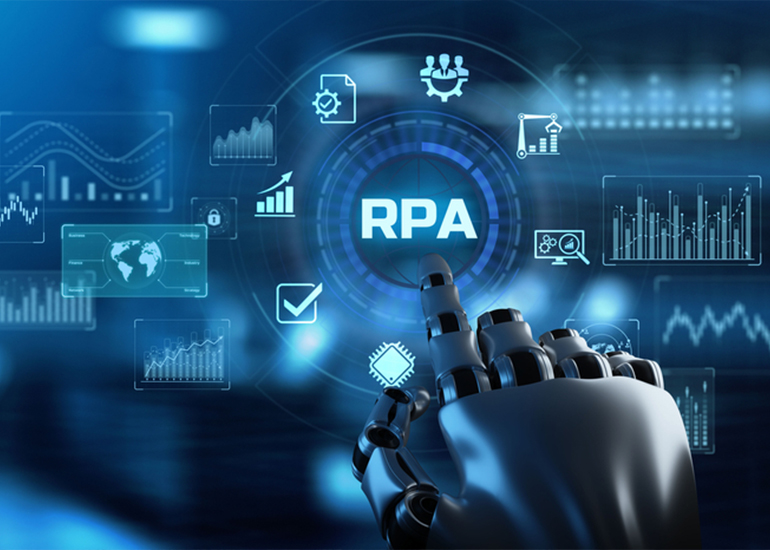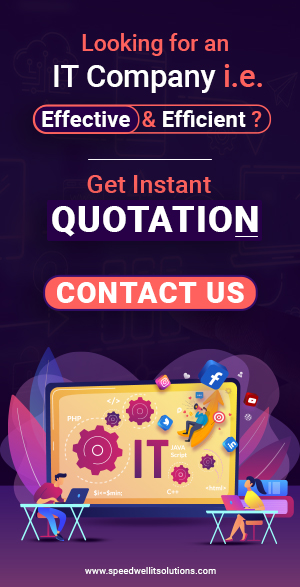
Robotic Process Automation (RPA Technology) has lately become the tech industry buzzing phenomenon as one of the most cutting-edge technology tools for Digital Transformation that companies can use to reduce costs, save time, and optimize energy the automation of routine, high-volume activities.
At first glance, RPA might sound in line with self-conscious artificial intelligence as a Theoretical Computer. Still, it is not a modern technology collection as software implementation in everyday business processes.
Here are the top 10 points that companies need to know about RPA to appreciate better the value proposition provided by RPA to enterprises.
1. RPA is a versatile computing platform for manual operation for business processes or IT services by replicating a persons behavior communicating with a computer system user interface.
2. As it sits on top of existing systems, RPA software is non-invasive, without the need to build, replace, or further improve other platforms; RPA software accesses other computer systems by user interfaces with a login ID and password (like a human) and through the layer of presentation, meaning that no fundamental programming logic is impaired.
3. As a robust framework designed to satisfy enterprise IT criteria for stability, scalability, auditability, and change management, RPA is enterprise-safe.
4. RPA has the potential to cross multiple structures to provide several decision points/calculations, such that dealing with a single instance or package is not limited.
5. To begin operating, RPA needs an electronic input or trigger; it does not self-initiate.
6. RPA is business-friendly. Technological support specifications are low, and standard functionality usually originates from business processes, not IT, as RPA is simple to customize using a behind-the-scenes GUI with code generated.
7. Compared to conventional ERP deployment, RPA has a sustainably lower economic threshold, meaning it can be implemented more widely in a cost-effective way.
8. For rules-driven, data-intensive systems that are routine in nature ( e.g., execution of data entry into SAP or a complete end-to-end business process), RPA is most suitable.
9. RPA is also suitable for workflow processes that can be carried out against a series of programmed business rules to start and end at a specified or continuously as a continuous cycle.
10. RPA is not artificial intelligence; it is a software program that linearly handles data inputs, selecting the next direction according to predefined basic parameters, not making arbitrary decisions, or learning to perceive laws as human operators can.
Increasing efficiency, cutting prices, and strategic advantage are encouraged in RPA programs by companies. If you want to adopt RPA technology, contact Speedwell, the best Digital marketing company in Delhi.
Looking for a trustworthy IT Services and Solutions provider? Connect with us today and get Cost-Effective Quotations! Give us a quick call at +91-7827171844!
































































